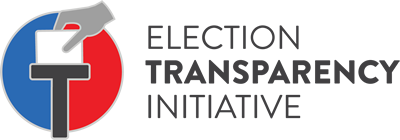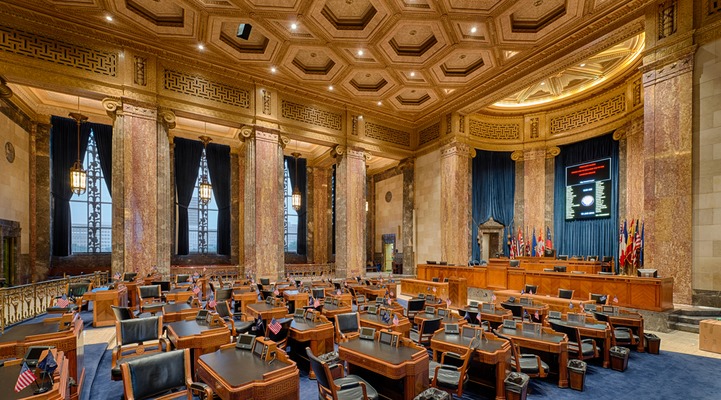FOR IMMEDIATE RELEASE: May 25, 2023
Bill passage would give voters final say in October
Washington, D.C. – The Louisiana State Legislature is currently considering anti-corruption legislation to ban the private financing of local election offices by ideological groups, corporations, Big Tech companies, and possible foreign interlopers—commonly referred to as ‘Zuckerbucks.’ H.B. 311, which was passed by the House on May 17th with bipartisan support and a two-thirds majority, now awaits consideration by the Senate & Governmental Affairs Committee.
Specifically, the bill proposes an amendment to the Constitution of Louisiana to prohibit the use of monies from a foreign government or nongovernmental source to fund elections. And if passed by the Senate by a two-thirds margin would submit a referendum to Louisiana voters at the statewide election to be held on October 14, 2023.
“No funds, goods, or services donated by a foreign government or a nongovernmental source shall be used to conduct elections unless provided for in the election code and subject to restrictions provided by general law,” the amended constitution would read.
Previously, on June 7, 2021 Democrat Governor John Bel Edwards vetoed H.B. 20 making it illegal for private money to flow into Louisiana election offices.
ETI is conducting a grassroots education and outreach campaign to help bring awareness to this issue.
National Chairman of the Election Transparency Initiative and former Virginia Attorney General Ken Cuccinelli issued the following statement:
“Elections should never be privatized in Louisiana or anywhere else. We applaud the House for quickly re-upping this critical issue following the governor’s politically motivated veto and ongoing Left-wing efforts to obstruct meaningful election integrity. If not curtailed, the ‘Zuckerbucks’ campaign financing scheme used for partisan voter outreach will continue to disenfranchise voters who question whether our elections are conducted with fairness and honesty. We urge Senate & Government Affairs Committee Chairwoman Sharon Hewitt and her colleagues to slam the door on the corrupting influence of ‘Zuckerbucks,’ and to give voters the final say at the polls this October, by acting on H.B. 311 without delay. Every election law should be adhered to as written, and everyone should play by the same set of rules—that is the certainty voters deserve.”
During the 2020 election cycle, Facebook founder Mark Zuckerberg and his wife, Priscilla Chan, gave hundreds of millions of dollars in grants to nonprofits, including the Center for Tech and Civic Life (CTCL), which then funneled that money to thousands of election jurisdictions in 48 states and Washington, D.C. under the guise of “election administration.”
Now, after dozens of states have acted to ban “Zuckerbucks,” CTCL and a coalition of left-wing organizations are re-doubling their efforts to circumvent state laws through the newly formed front group, the deceptively-named U.S. Alliance for Election Excellence. The “Alliance” is designed to systematically influence every aspect of election administration, offering local election offices an extensive portfolio of grants, trainings, resources, and consulting services. Earlier this year, it was announced that the Alliance selected DeKalb County Voter Registration & Elections for an initial grant award of $2 million in violation of the state’s 2021 ban.
The funds from CTCL and their allies were strategically directed into Democrat-leaning jurisdictions at a rate of 2:1 during the 2020 cycle, including $1,128,000 into Louisiana.
“Zuckerbucks shouldn’t pay for elections,” The Wall Street Journal Editorial Board wrote.
“…[P]rivate election funding is inappropriate and sows distrust…This isn’t how elections should be run, especially in the current era of partisan mistrust.”
The Election Transparency Initiative, a partnership between the American Principles Project (APP) and Susan B. Anthony (SBA) Pro-Life America was organized to combat federal H.R. 1 and H.R. 4 legislation and advocate for state-based election reforms that voters can trust.
###

